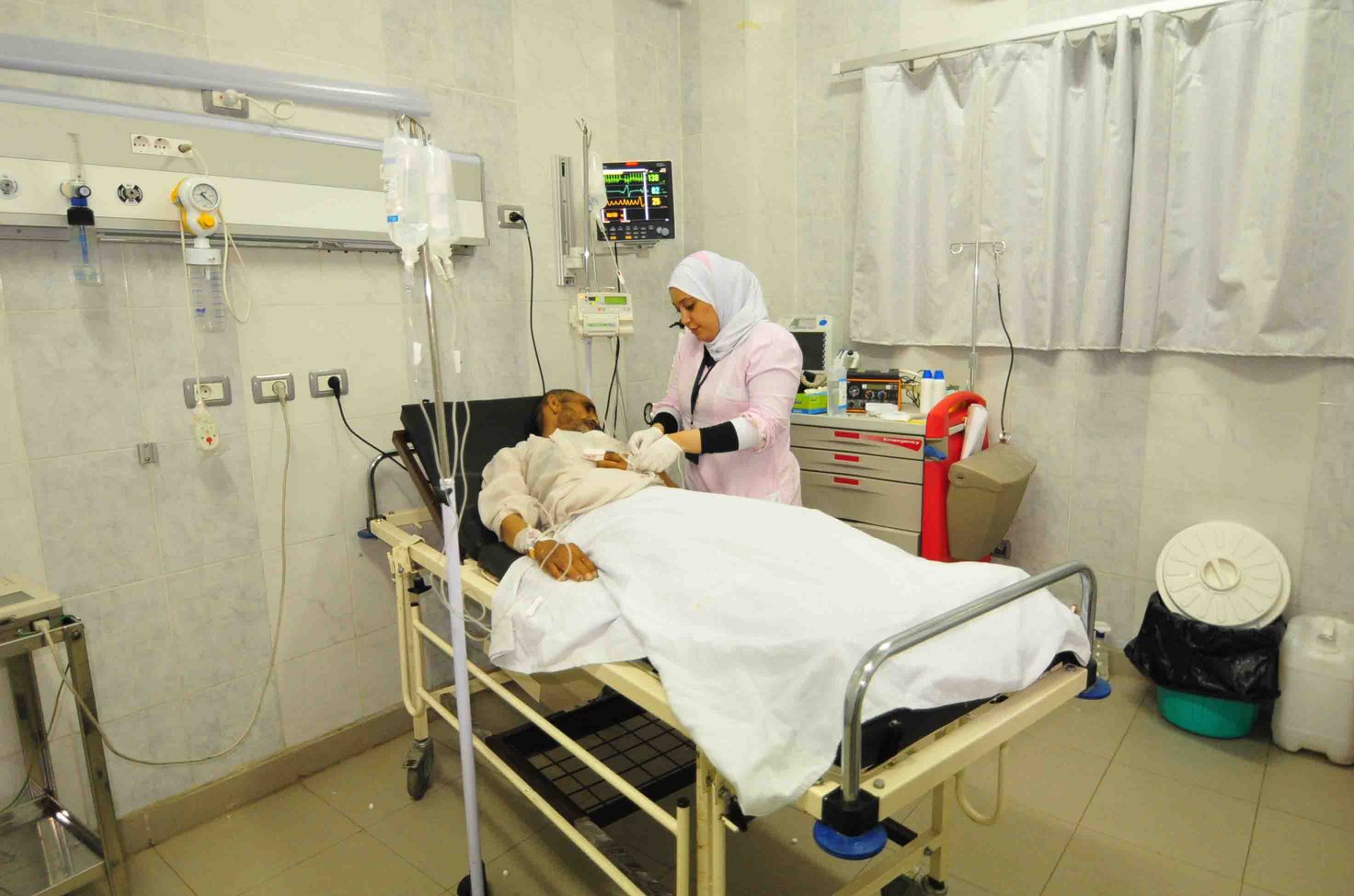UNITED NATIONS: The UN General Assembly votes today to choose five new non-permanent members of the powerful Security Council, with all eyes on the contest between Iran and Japan for the lone Asian seat up for grabs.
Iran, which is under UN Security Council sanctions for its refusal to halt sensitive nuclear fuel work, is widely expected to lose to economic powerhouse Japan, a major contributor to the UN budget which enjoys broad support, particularly from Western countries.
A Western diplomat, speaking on condition of anonymity, said it would be an embarrassment for Japan if it did not prevail in the first round of balloting to succeed Indonesia in the seat.
Iran, a founding member of the United Nations in 1945, only served once in the Security Council in 1955-1956, while Japan has served a total of 18 years since 1956.
Tokyo, which pays nearly 20 percent of the total UN budget, is also pushing hard to be admitted as a permanent council member.
We are convinced Japan can be a very positive member of the Council, Japanese ambassador to the UN Yukio Takasu told AFP last month.
Three years ago, Japan joined Germany, Brazil and India in pressing for admission to the 15-member Council without veto rights.
But their efforts failed in the face of opposition from the United States and China as well as from regional rivals such as Italy, Pakistan and Argentina.
In the European group, the battle among Austria, Iceland and Turkey for two seats being vacated by Italy and Belgium will also be closely watched.
Diplomats say Turkey appears to be assured of a seat thanks to anticipated strong backing from Muslim nations.
Iceland s chances meanwhile may have been hurt by the financial meltdown which has turned a once prosperous island nation into one on the brink of bankruptcy. But Reykjavik can count on the active support of fellow Nordic countries – Denmark, Finland, Norway and Sweden – and hopes to generate some sympathy among many of the small states that make up the majority of the UN membership.
And Iceland is shrewdly pledging to be their voice within the Council if elected.
In the Latin American group, the outcome is not in doubt since Mexico is already assured of securing the seat left vacant by Panama.
Similarly in the African group, Uganda is running unopposed to take over the seat which South Africa is to relinquish at the end of the year.
The winners, who needed a two-thirds majority, will take their seats on the panel on Jan. 1.
In addition to the non-permanent members, the council also has five veto-wielding permanent ones (China, United States, France, Britain and Russia).
Its makeup has remained largely unchanged since the establishment of the United Nations in 1945.
Non-permanent members Libya, Burkina Faso, Costa Rica, Croatia and Vietnam will stay on the council until the end of 2009. – AFP


